
OR
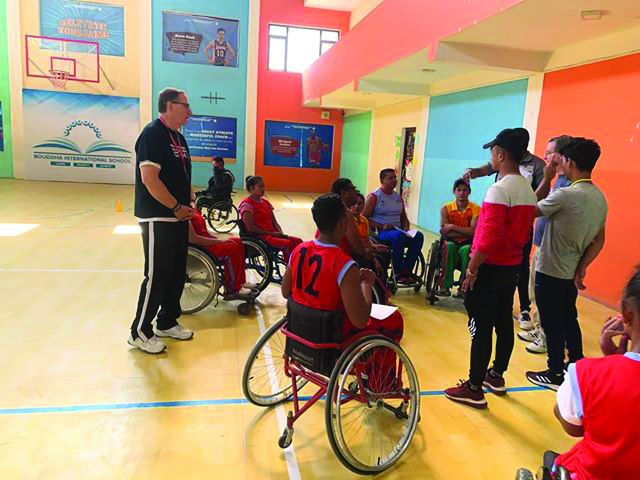

Simone Galimberti
Simone Galimberti is the Co-Founder of ENGAGE, an NGO partnering with youths to promote social inclusion in Nepal.simone_engage@yahoo.com
The upcoming South Asian Games will be an opportunity not only to build and renovate infrastructures. More athletes will benefit from this
Last Saturday, South Africa won the rugby world cup in Japan, a real triumph for a fragmented and fragile nation, a country plagued by uncountable political scandals, an increasing bigger divide within a society where the color of your skin still predetermines the odds of your life’s success. Yet the Springboks, this is how the South African team is normally referred to after the name of the antelope so common in the savannas of the region, offers new hopes for the future of all South African citizens.
SiyaKolisi, the first black captain of the team, addressing the spectators in a post-match interview following the lifting of the cup, was able to inspire all South Africans from all the races and backgrounds with his words of wisdom and optimisms: “So many problems in our country, but to have a team like this ... we know we come from different backgrounds, different races, and we came together with one goal and wanted to achieve it”, he said.
Once again we have another great example of the powerful impact sports can have in people’s lives.
The sense of awe with which sports connect fans with a feeling of possibility, the sense that everything is achievable if we play by the rules, if we play fairly and work hard, keeping the spirit of the team at the center, sports have several good things about it. Sports inspire positive values, develop our character and lay the foundations of the person we want to be.
Winning is obviously part of the equation but hard work, developing respect, cooperation and team spirit are equally important.
Recently International Committee of the Red Cross, in partnership with the Nepal Spinal Cord Injury Sport Association, a leading national not-for-profit in the field of adaptive sports in the country, organized a wheelchair basketball camp with two international coaches, Paul Bowes that led his country team, Canada, to win three gold medals at the Paralympics Games of Sydney and Mike Rosenkrantz, an American in love with India and Nepal and a person who dedicated his adult professional life to the empowerment of persons with disabilities through sports.
The camp was really about harnessing the skills of wheelchair basketball teams in Nepal, helping national players to reach new levels of the competition, bridging the gap that still exists between Nepal and other nations. The camp was about coming together, learning together and becoming better athletes by becoming better persons.
Paul and Mike are teaching wheelchair basketball out of sheer passion and determination to help persons living with disabilities become stronger, msore confident individuals able to enjoy the moment of playing in a team, leading a life where obstacles imposed by the societies are overcome with self-confidence, grit and optimism, where citizens with disabilities, physical or development, are able, not only to enjoy rights but also play an active role in the society.
Interestingly Paul, one of the best ever wheelchair basketball coaches around the world, repeatedly shared during the camp that he is enjoying more coaching now than earlier on in his “competitive” time because now he is working with the Canadian Invictus team, a team formed by injured veterans of war, a team where values are so paramount and where Paul is learning immensely from.
This brings me back to the words of SiyaKolisi, the captain of the Springboks.
If we come together, everything is possible, even in a country like Nepal where sport is often neglected. Yet key decision makers in the national sport sectors can also come together, each of them confident to be able to play an important role in shaping the future of the sector. Perhaps we need to be more inclusive not only in relation to the rights of athletes with disabilities so often neglected and marginalized no matter their achievements but we need to be more inclusive also in the sense of being able to accommodate each other, respecting other’s ideas and position, and setting aside egos that so often plague the sector.
The upcoming South Asian Games are not only an opportunity to build and renovate infrastructures, more athletes will benefit from it in the near future. The games are also a springboard to develop a long term vision, getting rid of short-term way of planning and organizing sports development programs.
If the country needs foreign expertise in terms of technical capacity building to better train local coaches and athletes, let’s create the conditions to benefit from them. Let’s try to be realistic but also ambitious enough to continue the work initiated with the hosting of the South Asian Games and try our best to send a strong delegation to Tokyo 2020 but, keeping our eyes on the horizons, let’s prepare the ground for a viable plan to send the best ever delegation of athletes to 2024 Paris Games.
Let’s do this with a truly inclusive “project” where all the athletes with disabilities, people who put in the same efforts like any other able bodied athletes, are counted and offered equal opportunities to train and compete in 2024.
Let’s start from the schools, grooming not only the next champions but also the next active citizens, young individuals who are fearless, positive and optimistic, future leaders who care of their communities because have positive values embedded in their character, the same values driving Siya, Paul and Mike to give their best to the games.
The author is Co-founder of ENGAGE, an NGO partnering with youths living with disabilities
simone_engage@yahoo.com
You May Like This
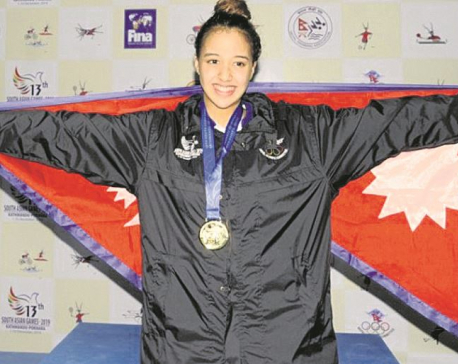
10 players to watch in 2020
KATHMANDU, Jan 1: The decade in Nepali sports ended with a lot of ups and downs, but certainly the 51... Read More...

Reason to cheer for Nepal
The 13th South Asian Games (SAG), which concluded on Tuesday, has given Nepal many reasons to celebrate but this is... Read More...
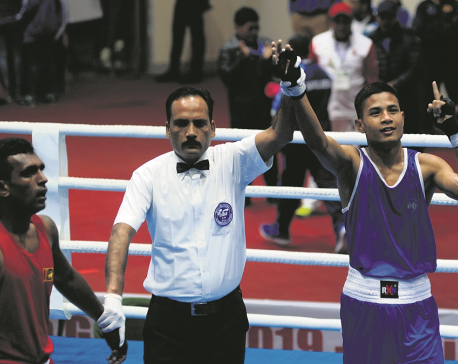
Chance to end 20-year wait for gold
LALITPUR, Dec 9: Nepal will have a chance to end the 20 years of excruciating wait for the boxing glory when... Read More...

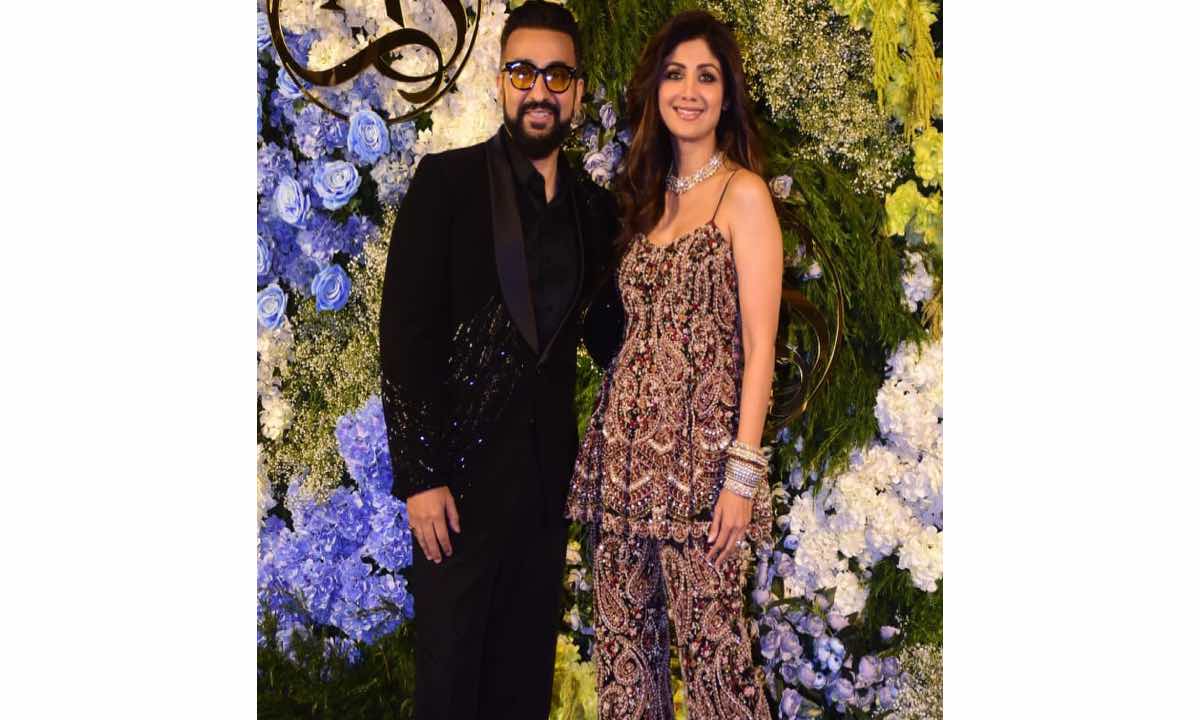
Just In
- Nepal govt’s failure to repatriate Nepalis results in their re-recruitment in Russian army
- Sudurpaschim: Unified Socialist leader Sodari stakes claim to CM post
- ED attaches Raj Kundra’s properties worth Rs 97.79 crore in Bitcoin investment fraud case
- Newly-appointed Auditor General Raya takes oath
- CM Mahara expands Cabinet in Lumbini Province
- FinMin Pun addresses V-20 meeting: ‘Nepal plays a minimal role in climate change, so it should get compensation’
- Nepalis living illegally in Kuwait can return home by June 17 without facing penalties
- 'Trishuli Villa' operationalized with Rs 100 million investment











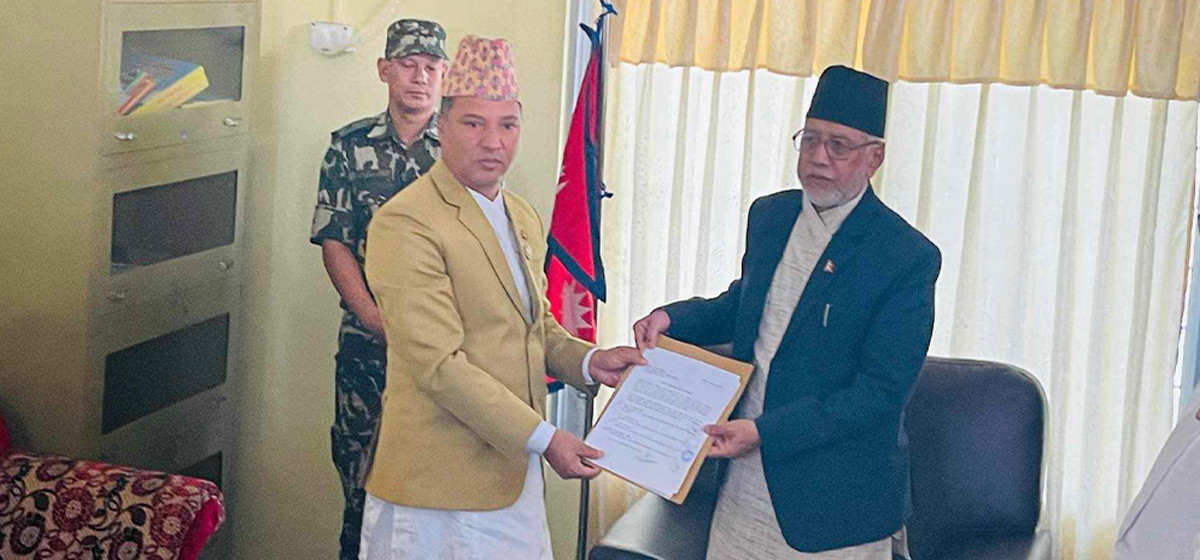
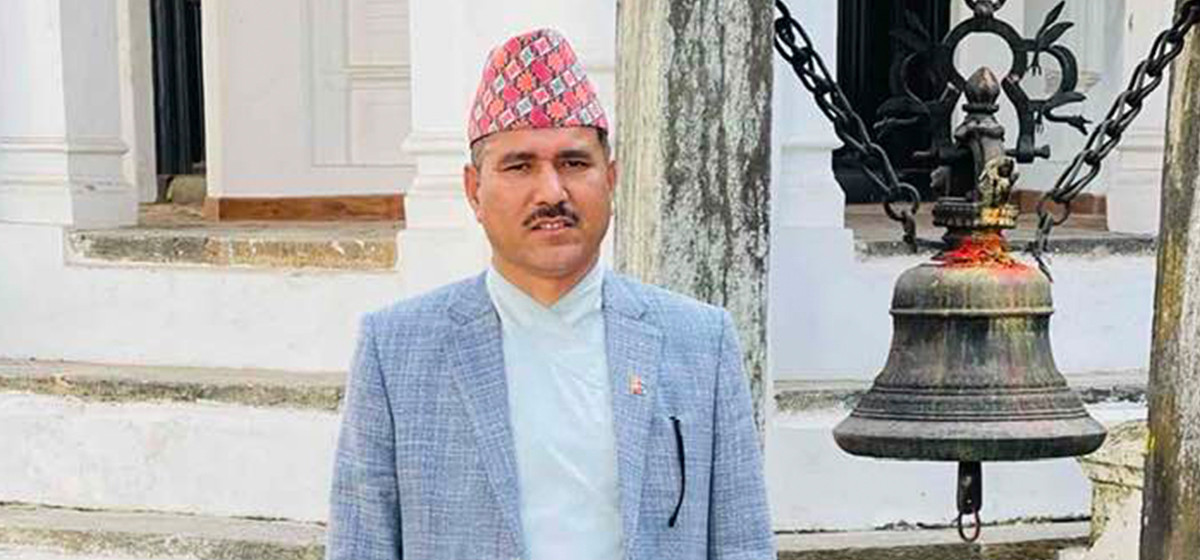
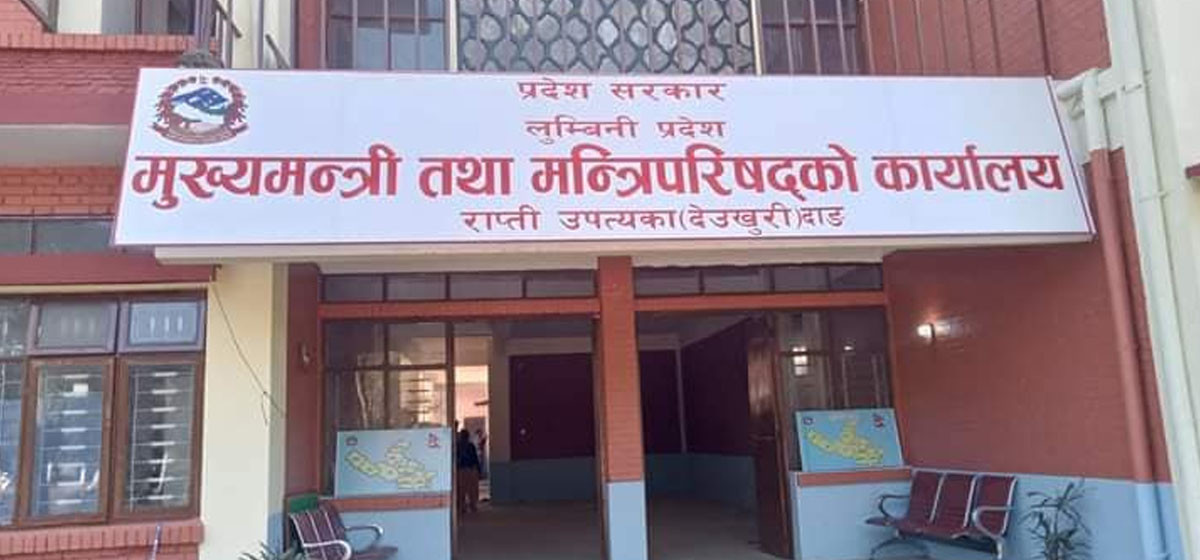
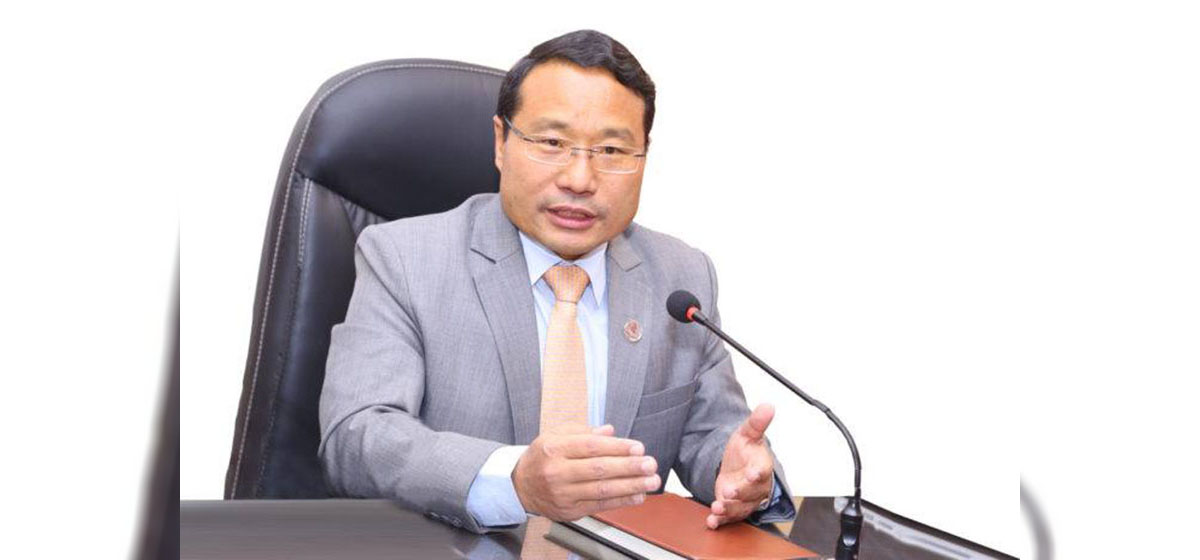

Leave A Comment